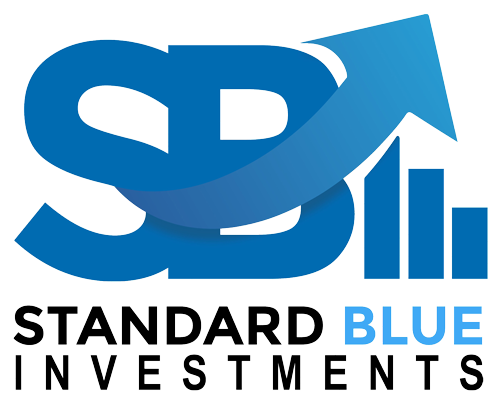Blue Carbon

Blue Carbon
Blue Carbon is the moniker for atmospheric carbon captured by our coastal and ocean ecosystems. Mangroves forests, salt marshes, kelp beds, coral reefs and sea grass beds are some of nature’s systems that sequester and store carbon. These systems have smaller global footprints than traditional forests but they store carbon at a much higher rate.
Blue carbon has also acquired an additional moniker of “charismatic carbon”. This is due to the added benefits of biodiversity and coastal and marine conservation. These nature-based conservation efforts also provide benefits for local economies and communities.
Mangroves, based on extensive scientific research, can sequester 15-50+ tonnes of carbon per hectare of forest per year. The average terrestrial forest may store 8-12 tonnes of carbon per year with a higher risk of loss or “leakage” due to fire and harvesting practices.



